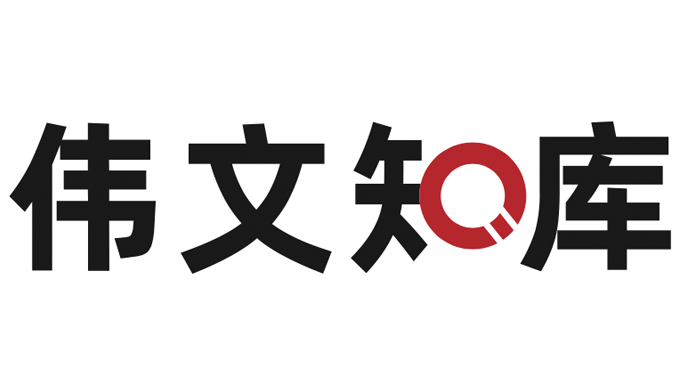Rethinking Inclusion: Is There a Right to Inclusive Education?
摘要
By combining theories of education, human rights law, and political philosophy, the author provides lenses to understanding inclusive education, thereby establishing consensus on the new, cognitive grounds over the description of a better inclusive education system for all children. The investigation is guided by two research questions. The first question concerns what description we should hold for a better education system inclusive of disabled children. The second addresses how to arrive at a consensus over that better system among stakeholders and within the whole society. To answer these questions, the investigation is conducted through both transcendental and comparative routes. Firstly, to contextualize this research, a brief review of theoretical disagreements on inclusive education is provided, and a case study of China’s struggles towards inclusion is presented. The theoretical review and the case study provide concrete information for later assessment and comparison between reality and the ideal plan. Meanwhile, the author discusses ways to go beyond binary thoughts and disorganized practice. To achieve the goal, transcendental thought experiments are employed to generate new grounds for a more comprehensive, inclusive project; the idea of a right to inclusive education is elaborated.



